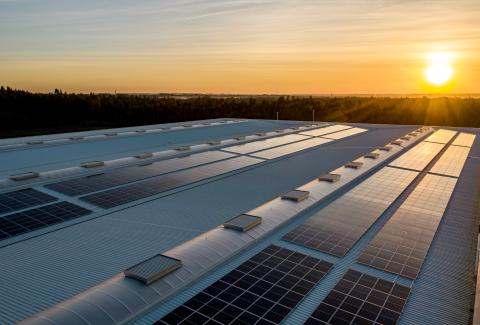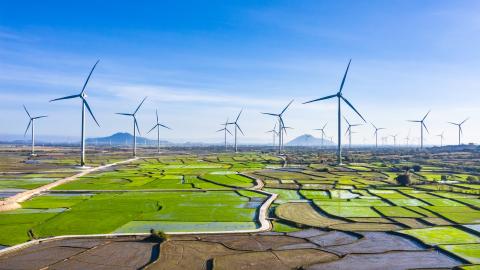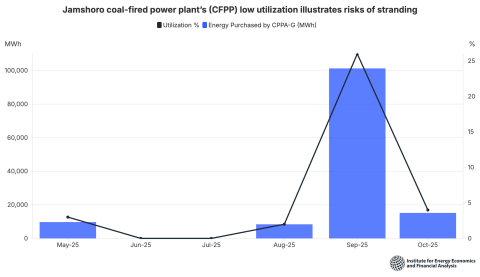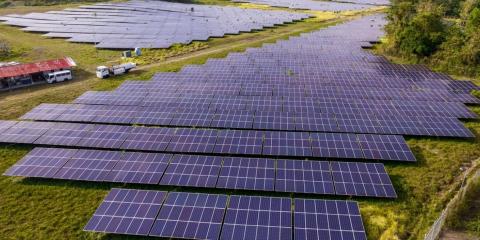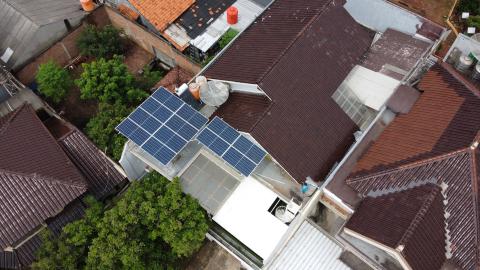IEEFA Energy Finance Conference 2020 roundup: Local leadership, global change

The transition to renewable energy is frequently advocated on environmental grounds, but the financial case for moving away from fossil fuels is becoming undeniably clear, according to experts speaking during the final week of IEEFA’s 2020 Energy Finance Conference (July 14-30).
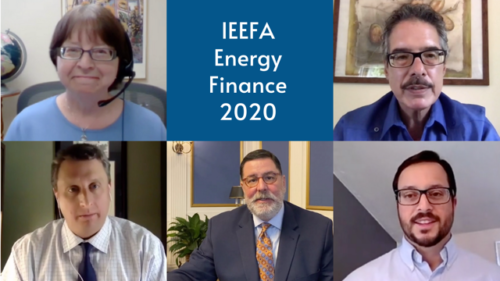 The annual meeting of international energy, finance and policy experts, which was offered online this year because of coronavirus-related restrictions, focused this week on renewables gaining market share at the expense of fossil fuels; legal and policy issues related to the over-building of pipelines; and the political leadership required to manage the transition to a renewables-forward energy economy.
The annual meeting of international energy, finance and policy experts, which was offered online this year because of coronavirus-related restrictions, focused this week on renewables gaining market share at the expense of fossil fuels; legal and policy issues related to the over-building of pipelines; and the political leadership required to manage the transition to a renewables-forward energy economy.
“What’s happening is happening so quickly that it’s frankly hard to keep up,” Karl Cates, IEEFA transition policy analyst, told a panel on Renewables Taking Market Share from Fossil Fuels. “What we knew a month ago has changed; what we knew a week ago, what we knew yesterday, what we’ll know tomorrow, will change.”
Luis Reyes, chief executive and general manager of Kit Carson Electric, said the Taos, N.M.-based cooperative has gone from dabbling in solar, once called “hippie power,” to plans for a completely carbon-free grid by the 2030s. “Our goal is to create a model,” he said, adding that the cooperative is trying to “create a template for a rural, modern, smart electrical grid.”
Renewable energy will become more attractive to utilities as coal consumption continues to drop, said Dennis Wamsted, an IEEFA analyst/editor. “The question is not if coal is going to be taken off the grid, but when coal is going to be taken off the grid,” he said. Although many experts believe that coal will power less than 10 percent of the U.S. grid by the late 2020s, Wamsted predicted coal usage will plunge into the single digits by 2025.
“We think it’s going to happen a little quicker than others,” he said, “but it’s going to happen.”
Even absent compelling need, pipelines for fossil fuels are still being built, Suzanne Mattei, an IEEFA energy policy analyst, told a session on Under Pressure: The Impetus for Over-Building Pipelines and How to Stop It. Alexandra Klass, a University of Minnesota Law School professor, said the pipeline construction boom has been spurred by a 2005 U.S. Supreme Court decision that caused more states to change laws governing eminent domain policies, as well as the fracking boom that began in 2007. Klass said although it’s possible for states to limit eminent domain to curb the growth of pipelines, such legislation could be a two-edged sword that might be used to block renewable energy projects.
David Bookbinder, chief counsel for the Niskanen Center, cautioned against excessive optimism in the wake of a string of recent defeats involving major projects that included the Atlantic Coast, Keystone XL, Dakota Access and Atlantic Sunrise pipelines. The pipelines were either scrapped or required to undergo expensive, time-consuming revisions before restarting construction because of arcane mistakes by federal agencies.
“We should not mistake good weather for a change in the climate,” he said.
The Atlantic Coast Pipeline, a controversial $8 billion project that had won permission to bisect the fabled Appalachian Trail, was scrapped in early July after years of delays that gave opponents enough time to persuade the Virginia Legislature to approve a measure requiring the state to move completely to renewables by 2045.
“Delay is victory,” Bookbinder said. “It gives people time to organize, to find a long-term political solution, which is what happened in Virginia with the Atlantic Coast Pipeline.”
Mattei gave an overview of the $1-billion Williams pipeline cancellation in New York. “There’s still pressure to build new pipelines because of financial incentives for utility companies and developers,” Mattei said, “even when there is no demonstrated need for such infrastructure.”
Pittsburgh Mayor William Peduto told the conference’s closing session, Political Leadership on Global Climate Change, Divestment and the Energy Transition, that the city’s once-epic pollution motivated the shift to cleaner economic development with brighter long-term prospects.
“Our economic future is based on renewable energy,” he said. “The question is whether America will lead this next revolution or whether we’ll be following Germany and Europe…whether we’ll invest back in places like Pittsburgh and Appalachia.”
Matthew Mehalik, executive director of the Breathe Project, predicted that the Pennsylvania Petrochemical Complex, a Shell plastics facility under construction in Beaver County, is likely to be completed but will be a distressed asset for the oil supermajor, which announced in June that it would write off as much as $22 billion in assets for the second quarter.
“We need to get away from this very cyclical way in which capital finds its way to communities, boosts things for a very short time, and then collapses,” he said. “We need to get away from the notion that these are sustainable jobs.”
Grant Ervin, Pittsburgh’s chief resiliency officer, said the city’s pension funds have slowed their investments in fossil fuel-related businesses, which he described as “low-return, high-risk…they just aren’t point-blank profitable. So folks with fiduciary responsibilities are seeing these investments as places not to park their capital.”
IEEFA Executive Director Sandy Buchanan wrapped up the conference by thanking presenters and moderators who handled the new format “so deftly and graciously.” She also acknowledged the support of IEEFA’s funders as well as the production team from Strategic Event Design and the producers from Particle Productions for pre-recorded presentations and a series of videos presented at the conference on local leadership for global change.
“Of course, none of us knows what the next year will bring. We wish safety and good health to you and your families, and look forward to seeing you, whether in person or online, in 2021,” she concluded.
Link to conference videos archived on YouTube: youtube.com/ieefa_org
Link to conference website: https://app.swapcard.com/event/energy-finance-2020-conference
Frank Bass ([email protected]) is an IEEFA editor.
Related items:
IEEFA Energy Finance Conference 2020 roundup: week one (July 14‑16)




